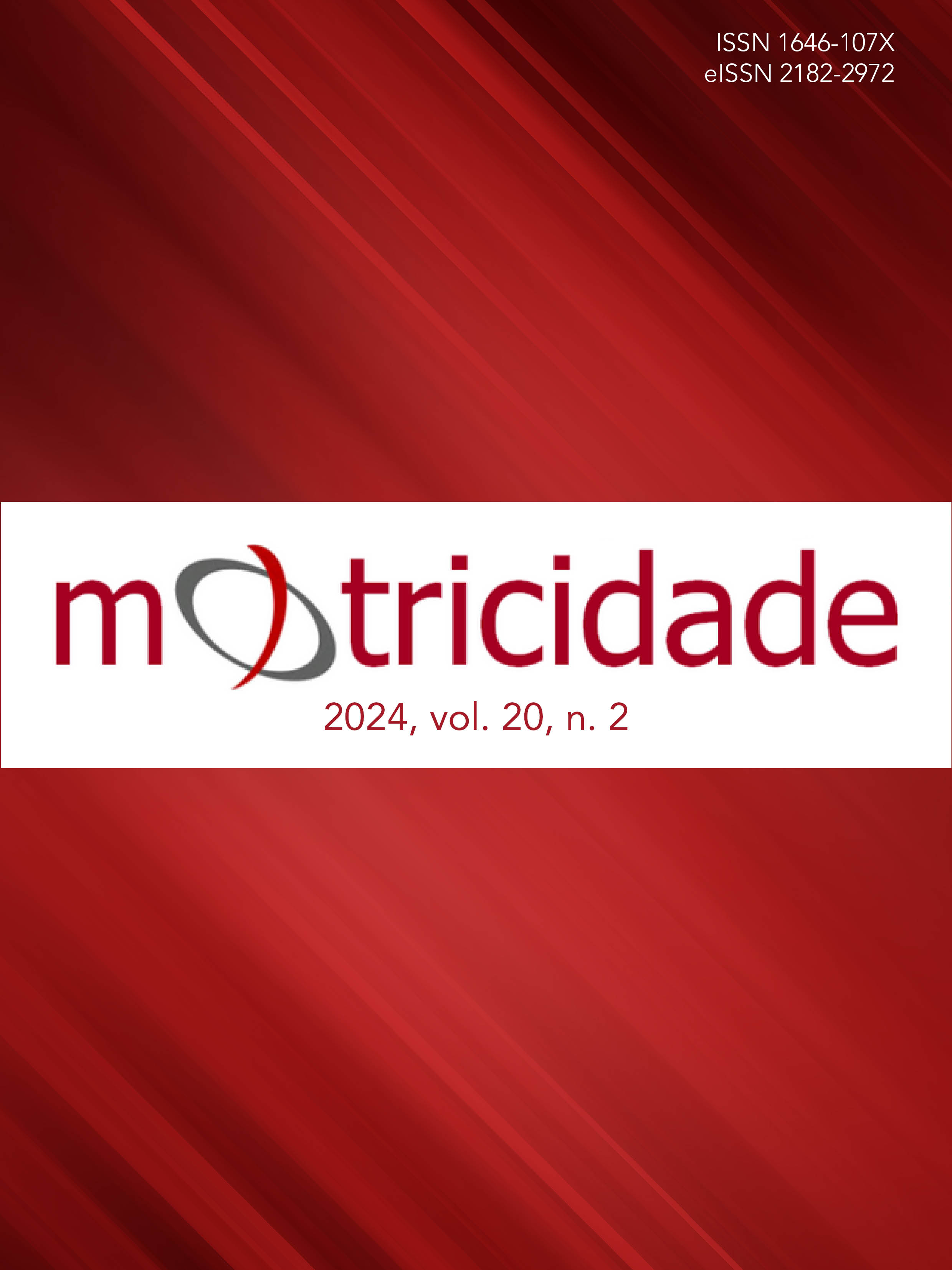Technical Direction in Gyms and Health Clubs: An Exploratory Study on the Perception of Physical Exercise Professionals
DOI:
https://doi.org/10.6063/motricidade.30748Keywords:
Gymnasium, technical director, physical exercise professionals, service qualityAbstract
The position of the technical director was introduced into Portuguese law in 2012, but little research has been produced to understand how it has developed its action since. This study analysed the perceptions of the physical exercise technicians (TEF) regarding i) the importance of the functions of technical directors (as defined in the law) and ii) the way technical directors fulfil and develop their roles, contrasting the results by market segment. A descriptive and frequency analysis was made of a sample of 194 exercise professionals, with a mean age of 34.46 years (SD = 8.78) and a mean years of experience of 9.04 years (SD = 6.84), who voluntarily participated in this study. The present work showed that the TEF value the role attributed to the technical director expressed in the law. The regularity of the technical director's support was found to be quite heterogeneous, with almost 50% of the respondents classifying it as non-existent or not very regular. It was also found that around 45% of the TEF considered the performance of the technical directors to be very weak or weak. From the analysis by market segment, the low cost generally presented the worst percentage results, while the premium segment presented the best results.
Downloads
Published
Issue
Section
License
The authors of submitted manuscripts must transfer the full copyright to Journal Motricidade / Sílabas Didáticas Editions. Granting copyright permission allows the publication and dissemination of the article in printed or electronic formats, and copyrights start at the moment the manuscript is accepted for publication. It also allows Journal Motricidade to use and commercialise the article in terms of licensing, lending or selling its content to indexation/abstracts databases and other entities.
According to the terms of the Creative Commons licence, authors may reproduce a reasonable number of copies for personal or professional purposes, but without any economic gain. SHERPA/RoMEO allows authors to post a final digital copy (post-printing version) of the article on their websites or on their institutions' scientific repository.


